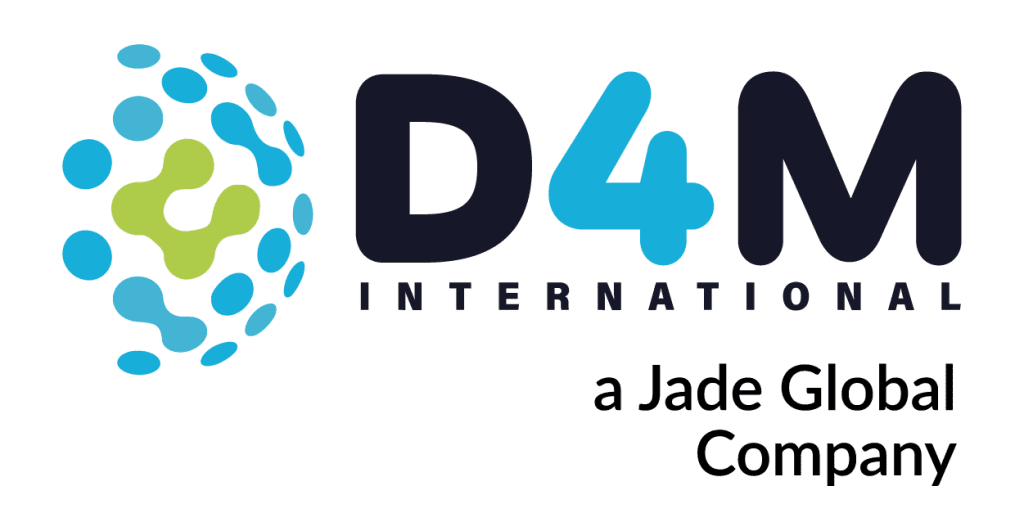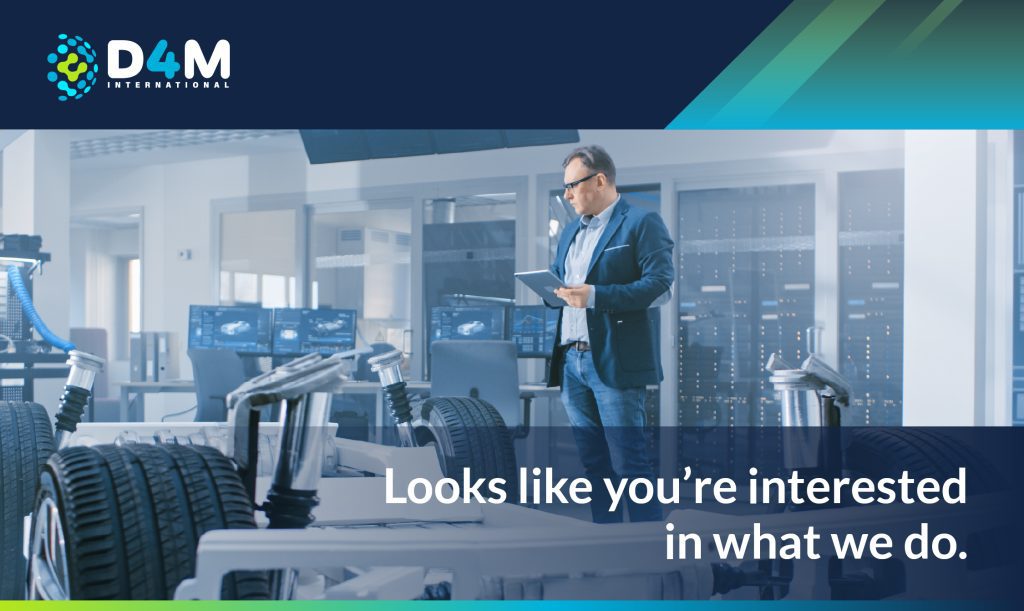Ditch the Spreadsheets: Overcoming Resistance to Change in Manufacturing
About the Interview
Resistance to change is a pervasive challenge in IT and manufacturing. Teams or individuals often cling to familiar methods, such as relying on tribal knowledge or outdated tools like spreadsheets, even when more effective solutions are available. In this interview, Mike Bradford, Marketing Director at Dassault Systèmes, discusses the critical role of change management and the risks of letting outdated habits dictate production processes.
Mike shares an example from a transportation mobility customer where a supervisor’s reliance on personal experience led to repeated mistakes. By adopting a systematic solution that enforces business processes and error-proofing mechanisms, the organization achieved greater consistency and accountability. Such solutions provide visibility into operations by answering key questions: Who is responsible for specific tasks? What activities are underway? Where are the exceptions and problems? Mike highlights how systematic tools can guide operators toward correct actions and incorporate POKA-YOKEs to prevent deviations or manual overrides. These measures enhance product quality, accelerate production, and improve operational efficiency while offering better transparency. Successful change management, involves educating employees on the benefits of new systems, fostering open communication, and securing active support from senior leadership.
Despite its apparent simplicity on paper, implementing change management remains a significant hurdle due to widespread resistance. In the automotive industry, for example, companies, regardless of size, often resist replacing spreadsheets with more advanced manufacturing and scheduling software, impeding progress. In Mike’s words, “That’s one of the definitions I give for clients who don’t want to implement M.E.S.” What’s M.E.S. you may ask?
“More Excel Spreadsheets.”






